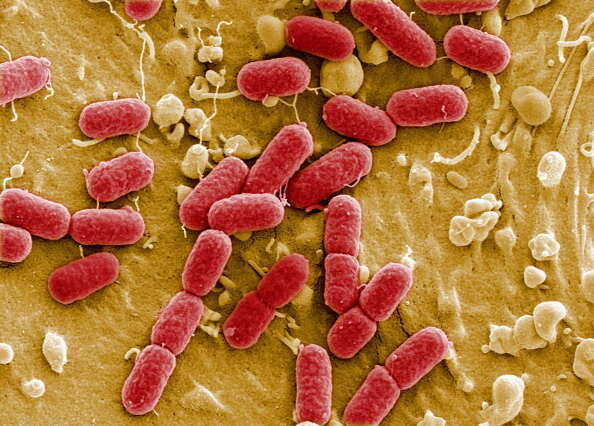- Diagnostics
- 2 min read
Sunlight exposure may alter gut bacteria for good: Study
Exposure to UVB in sunlight is well-known to drive vitamin D production in the skin, and recent studies suggest that the sunshine vitamin alters the human gut microbiome, according to the study published in the journal Frontiers in Microbiology.

However, that UVB causes gut microbiome changes, via vitamin D production, has so far been shown only in rodents. The researchers from the University of British Columbia in Canada tested the effect of skin UVB exposure on the human gut microbiome.
Twenty one healthy female volunteers were given three one-minute sessions of full-body UVB exposure in a single week. Before and after treatment, stool samples were taken for analysis of gut bacteria -- as well blood samples for vitamin D levels.
Skin UVB exposure significantly increased gut microbial diversity, but only in subjects who were not taking vitamin D supplements during the (winter) study.
"Prior to UVB exposure, these women had a less diverse and balanced gut microbiome than those taking regular vitamin D supplements," said Professor Bruce Vallance, who led the study.
"UVB exposure boosted the richness and evenness of their microbiome to levels indistinguishable from the supplemented group, whose microbiome was not significantly changed," Vallance said.
The largest effect was an increase in the relative abundance of Lachnospiraceae bacteria after the UVB light exposures. "Previous studies have linked Lachnospiraceae abundance to host vitamin D status," added Vallance.
"We too found a correlation with blood vitamin D levels, which increased following UVB exposure," he said. This indicates that vitamin D at least partly mediates UVB-induced gut microbiome changes.
The results also showed some agreement with mouse studies using UVB, such as an increase in Firmicutes and decrease in Bacteroidetes in the gut following exposure.
"In this study we show exciting new data that UVB light is able to modulate the composition of the gut microbiome in humans, putatively through the synthesis of vitamin D," Vallance said.
The study is not designed to show the exact mechanism by which the microbiome changes occur, but both UVB and vitamin D are known to influence the immune system, the researchers said.
"It is likely that exposure to UVB light somehow alters the immune system in the skin initially, then more systemically, which in turn affects how favourable the intestinal environment is for the different bacteria," said Vallance.
"The results of this study have implications for people who are undergoing UVB phototherapy, and identifies a novel skin-gut axis that may contribute to the protective role of UVB light exposure in inflammatory diseases like MS and IBD," he said.



COMMENTS
All Comments
By commenting, you agree to the Prohibited Content Policy
PostBy commenting, you agree to the Prohibited Content Policy
PostFind this Comment Offensive?
Choose your reason below and click on the submit button. This will alert our moderators to take actions